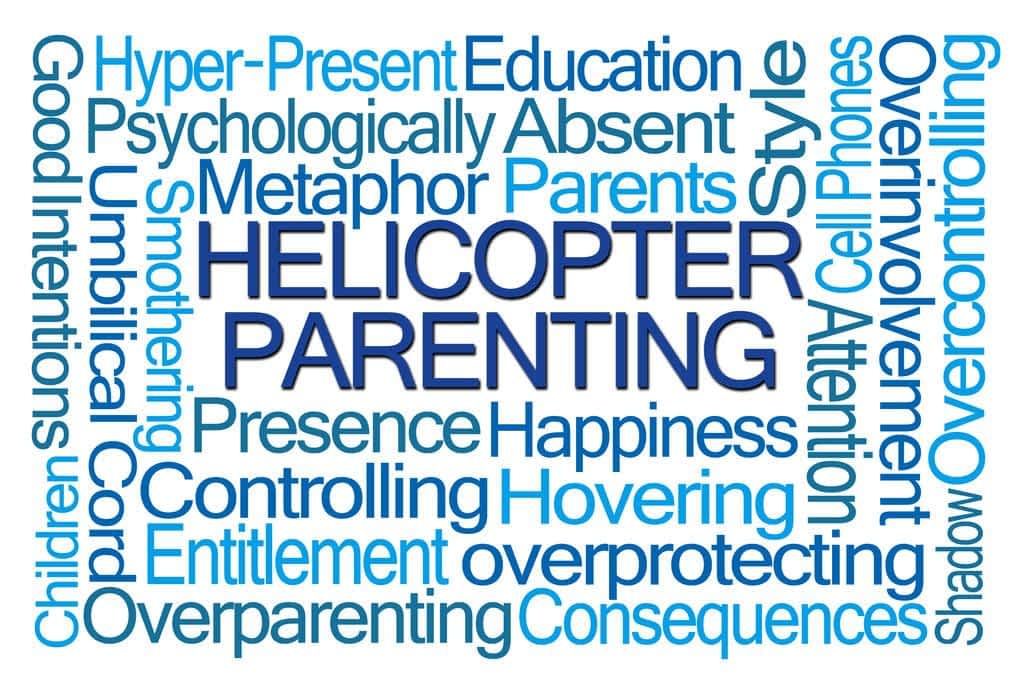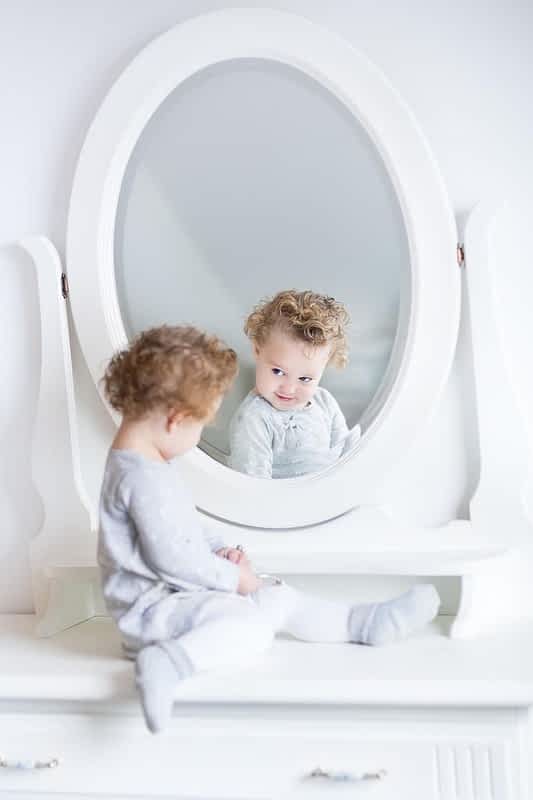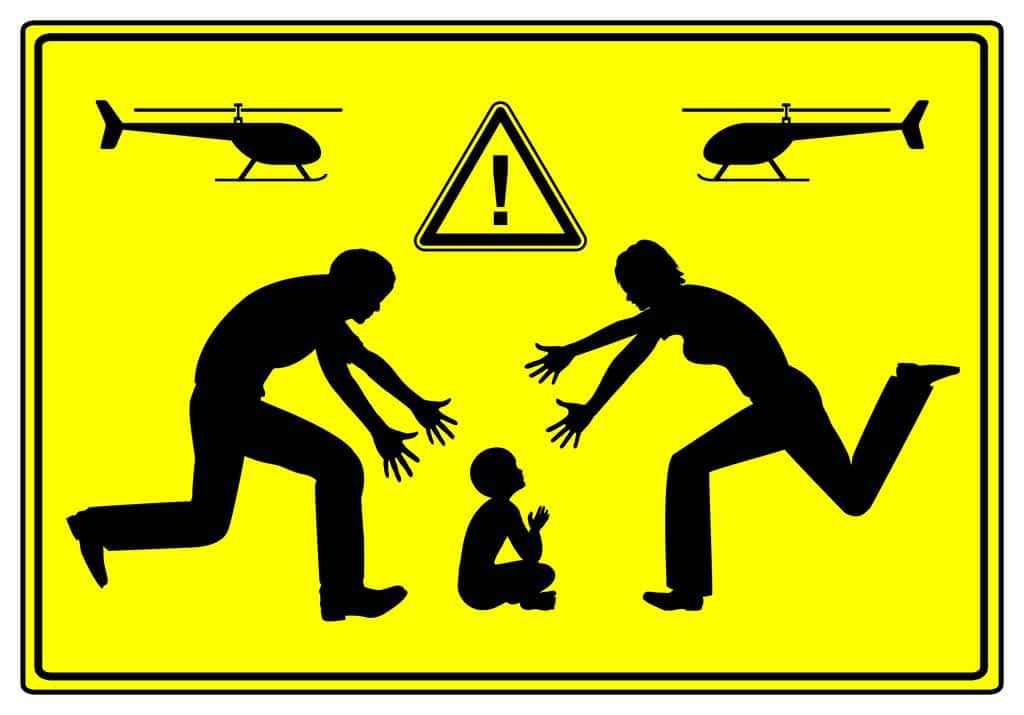Helicopter Parenting and Narcissism: The Hidden Connection
If you were raised by a helicopter parent or are one, this might sting a little. But it’s important. There’s a growing link between helicopter parenting and narcissism, and it’s not just a buzzword pairing. This goes way deeper than over-involvement or trying too hard. It’s about control, boundaries, identity, and how some kids grow up never knowing where their parents end and they begin.
The connection between helicopter parenting and narcissism is real and it can lead to getting narcissistic traits from over protective parents. Also kids raised in this dynamic can struggle with anxiety, identity issues and a host of other personality disorders and self-esteem issues.

🔑 Key Highlights
- Learn how helicopter parenting and narcissism quietly overlap—and why that matters more than you think.
- Discover the surprising long-term effects of overparenting that most people never talk about.
- Hear real-life stories that expose how extreme control can derail a child’s development.
- Uncover the subtle ways narcissistic traits are passed down without anyone noticing.
- Find out how to tell the difference between healthy support and harmful enmeshment.

Helicopter Parenting and Narcissism: When Love Is Really About Control
Sometimes, the hardest kind of manipulation to recognize is the one disguised as love. And that’s exactly what happens when helicopter parenting and narcissism blur into one toxic parenting style.
Helicopter parenting is often brushed off as just “over-protectiveness.” But when it comes laced with narcissistic traits, it becomes something much darker. It’s not about raising a well-adjusted, confident kid. It’s controlling that kid to meet the parent’s emotional needs.
Take the guy whose mom installed a keylogger on their computer to read private messages. That’s not concern; that’s surveillance. Or the one who wasn’t allowed to go out for their own 18th birthday because their room was messy. That’s not structure… it’s punishment for independence.
This mix of helicopter parenting and narcissism creates a household where love feels conditional. You’re praised when you perform. You’re punished when you push back. You’re expected to succeed, but not for your own sake. For theirs.
These parents often think they’re doing the right thing. They’ll call it protection, responsibility, even love. But it’s not about what’s best for the child, but how the child makes them look. That’s the narcissism creeping in, turning parenting into performance.
Kids raised in this environment don’t just grow up anxious. They grow up confused. Torn between guilt and resentment. Starved for autonomy but afraid to reach for it. That’s the long shadow cast by parents who cross the line between caring and controlling.
If you’ve lived through this, you probably know: helicopter parenting and narcissism don’t always scream abuse. Sometimes, they whisper it through constant check-ins, micromanaging, and the quiet erasure of your sense of self.
But once you see it, you can start to name it. And that’s the first step to breaking the cycle.

Crazy Signs of Overparenting (Yes, They’re As Wild As They Sound)
You ever hear a story and think, “That can’t be real”? Welcome to the world of overparenting.
🚩Here’s a taste:
- One mom would sneak into the bathroom to make sure her kids weren’t “exploring their bodies.”
- A dad paid his kid’s classmates to spy and report back to him.
- A teen had a keylogger installed on their computer by their mom, to hack into their Facebook messages.
- Some middle schoolers couldn’t tie their shoes or make toast because their parents did literally everything for them.
- One poor soul was grounded on their 18th birthday for having a messy room.
These aren’t just quirky parenting moments. They’re glaring signs of overparenting. It’s not love, it’s control. And while these kids might’ve had their schedules managed down to the second, they never learned how to manage their own lives – a classic example of the negative overparenting effects on children.
Helicopter parents often cross the line into full-blown control freak territory, thinking they’re protecting their child when they’re actually stunting their growth. These signs of overparenting don’t only show up in childhood, they echo into adulthood.

Overparenting Effects on Children: What Happens When You Grow Up Like This?
When you’re raised in a house where every decision is made for you, you don’t magically learn independence at 18. You might become anxious, afraid to make mistakes, or so used to someone stepping in that you freeze in indecision when no one does.
One person shared how they didn’t date until their 20s because they believed they were ugly and unlovable. That wasn’t natural insecurity—that was the result of being constantly monitored, criticized, and emotionally stifled. Another adult talked about how their mom’s strict control over everything, even sex jokes in movies, made them feel ashamed of their own body and identity.
The overparenting effects on children show up later in depression, low self-worth, and the inability to trust their own decisions. These aren’t just parenting side effects; they’re long-term emotional damage.
When helicopter parenting and narcissism mix, those effects can be amplified tenfold. The damage gets buried deeper, and the healing takes longer.

Narcissistic Traits from Overprotective Parents
Here’s where it gets tricky. Overprotective parents don’t just raise anxious kids. Sometimes, they raise narcissistic ones. And that isn’t always obvious.
Narcissism isn’t just someone loving selfies or bragging too much. This isn’t condoning a narcissist’s action, but it’s often a defense mechanism. If you were raised being told you were only valuable when you were perfect, (straight A’s, clean room, smiling at all times) you might start putting up a fake persona. Not out of pride, but out of fear.
One person explained narcissism like this: it’s not always an inflated ego. Sometimes it’s emotional armor. A survival tactic when you’ve been raised to believe you’re never good enough as you are. Kids raised with helicopter parenting and narcissism can build fake confidence to hide their pain, but deep down, they’re still those scared kids who never got to be themselves.
So yes, there are very real narcissistic traits from overprotective parents. These traits don’t come out of nowhere; they’re often handed down by parents who confuse love with ownership.

The Difference Between Helicopter Parents and Narcissist Parents
You might think they’re the same, but they’re not.
🚩Here’s how you can tell:
- Helicopter parents try to shield you from failure. They’re the ones calling your professor about a B grade, or stepping in before you even ask. Their motto: “Let me fix this for you.”
- Narcissist parents want you to fail, or they make you feel like you already have. They’ll take credit for your wins and blame you for your losses. Their motto: “You’re nothing without me.”
One college staffer nailed it: Helicopter parents idealize their kids. Narcissists devalue them.
Helicopter parents lift their kids onto a pedestal. Narcissistic parents knock that pedestal over every time you try to stand on it.
And this is where helicopter parenting and narcissism often blur. One starts with too much help, the other with too much harm, and both leave you feeling powerless.

No Boundaries: When Your Parent Acts Like Your Boss, Roommate, and Therapist
A common sign of the overparenting effects on children is a lack of healthy boundaries. If you were raised by one of those parents, you might not even know the word.
Some people shared stories of parents who spoke to them like they were babies, while also dumping their adult emotional baggage onto them. It’s one thing to have a close relationship, it’s another to have a parent demand financial help while still grounding you for having a messy room.
You grow up thinking it’s your job to fix your parent’s problems. To be their emotional sponge. Meanwhile, your own feelings are ignored. Dismissed. Not even up for discussion.
That emotional tug-of-war wrecks your ability to set healthy boundaries as an adult. You either become overly compliant or completely shut off. It’s another painful layer in the helicopter parenting and narcissism dynamic.

When Enmeshment and Helicopter Parenting Happen Together
Now let’s talk about parental enmeshment, because when it overlaps with helicopter parenting, it’s a nightmare.
If your parent’s emotions, needs, and identity are tangled up with yours, this isn’t only a sign of being overparented. It goes much further than that. You’re being erased.
You’re expected to be the perfect kid, the emotional caretaker, the sidekick in their drama, all while never expressing your own needs. You’re their success story, their project, their extension. Not their child.
It’s confusing as hell because love gets twisted up with control. You might hear things like, “I do everything for you!” when all you really want is to be heard or left alone. It’s not love, it’s dependency disguised as devotion.
This fusion between helicopter parenting and narcissism creates an emotional labyrinth kids have to crawl out of as adults.

How to Tell the Difference Between Caring Parenting and Helicopter Parenting
There’s a big difference between being supportive and being smothering.
Caring parents want their kids to be capable. They’ll listen, guide, and back off when it’s time for their kids to figure things out. Think: “You’ve got this, but I’m here if you need backup.”
Helicopter parents are in the game with you, trying to take the ball and score themselves. They don’t give you space to fail or succeed on your own.
One parent explained it perfectly: “I’m raising adults, not kids.” They’d swoop in when their kids were fighting to keep peace, but otherwise let them navigate life. No micromanaging, no drama, no calling the sports coach because their kid didn’t make the starting lineup.
That’s the difference. Trust vs. control. And knowing that can help you spot signs of overparenting before they take root.

Final Thoughts on Helicopter Parenting and Narcissism
Helicopter parenting and narcissism might seem like two different beasts. But they overlap more than you’d think, and both can screw with your development in major ways.
Whether it’s constant surveillance, emotional blackmail, or never being allowed to make a mistake, the long-term effects are the same: anxiety, confusion, and sometimes, full-blown narcissistic traits that are a mask for pain.
Thank you for reading this post, don't forget to subscribe!







